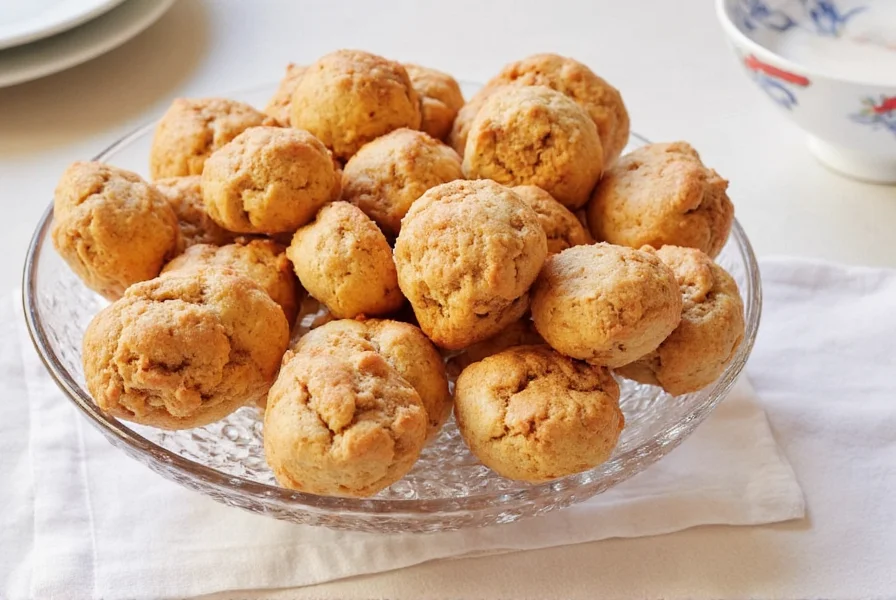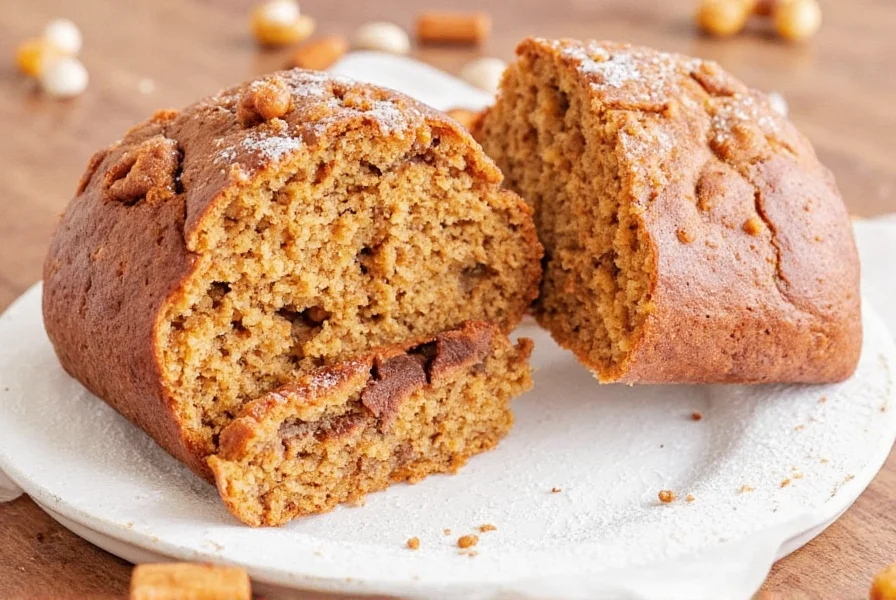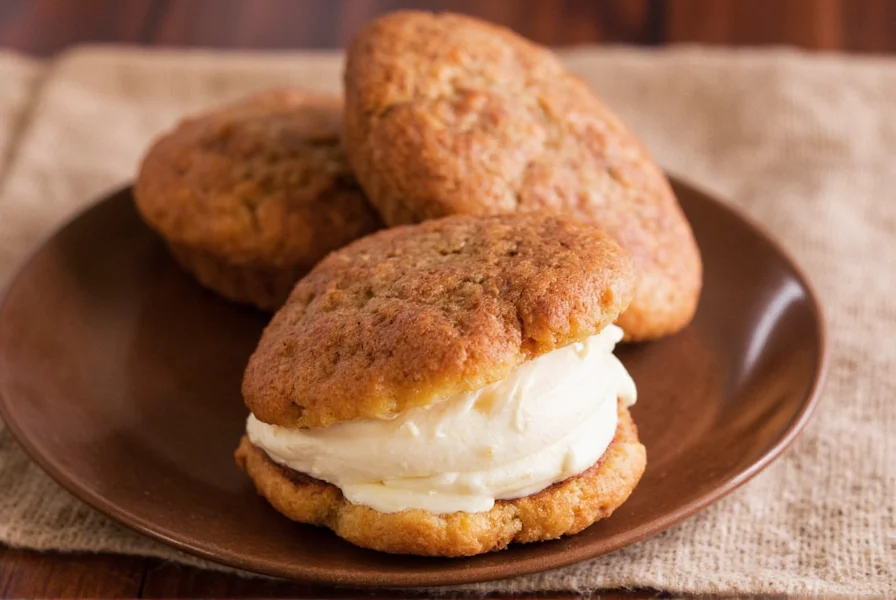What Exactly Is Cinnamon Delight?
Cinnamon delight represents one of the most universally loved dessert categories, characterized by its warm, aromatic spice profile. While variations exist across cultures, the core concept remains consistent: a baked good where cinnamon serves as the dominant flavor component. The most common manifestations include cinnamon rolls, cinnamon coffee cake, and cinnamon-infused pastries.
The magic of cinnamon delight lies in the perfect balance between the sweet dough base and the spicy-sweet cinnamon filling or topping. When properly prepared, these treats offer a complex flavor profile with notes of warmth, sweetness, and subtle earthiness from high-quality cinnamon.
The History Behind Cinnamon Delight
Though modern cinnamon rolls became popular in Scandinavia during the 1920s as "kanelbulle," the concept of cinnamon-infused baked goods dates back centuries. Cinnamon itself has been prized since ancient times, with references in Egyptian texts from 2000 BCE. European bakers began incorporating this expensive spice into pastries once trade routes made it more accessible during the Middle Ages.
The specific "cinnamon delight" formulation as we know it today evolved through American baking traditions in the 19th and 20th centuries, when home bakers perfected the ratio of cinnamon to sugar and developed techniques for creating the perfect swirl pattern in rolls.
Essential Ingredients for Authentic Cinnamon Delight
Creating an exceptional cinnamon delight requires attention to ingredient quality and proportions. The following table outlines the critical components:
| Ingredient | Role in Cinnamon Delight | Quality Considerations |
|---|---|---|
| Ceylon Cinnamon | Primary flavor agent | "True" cinnamon offers delicate flavor; avoid cassia for delicate applications |
| Bread Flour | Provides structure | Higher protein content creates ideal chewiness |
| Unsalted Butter | Richness and moisture | European-style (82% fat) yields superior results |
| Dark Brown Sugar | Flavor depth and moisture | Higher molasses content enhances complexity |
Classic Cinnamon Delight Recipe
Follow this time-tested method for creating perfect cinnamon delight pastries at home:

Dough Ingredients
- 3 1/2 cups bread flour
- 1/4 cup granulated sugar
- 2 1/4 teaspoons active dry yeast
- 1/2 cup whole milk, warmed
- 1/4 cup water, warmed
- 1 large egg
- 1/4 cup unsalted butter, melted
- 1 teaspoon salt
Cinnamon Filling
- 1/2 cup unsalted butter, softened
- 1 cup dark brown sugar, packed
- 3 tablespoons Ceylon cinnamon
- 1/4 teaspoon salt
Instructions
- Combine yeast, sugar, warm milk, and water in a bowl. Let sit for 5-10 minutes until foamy.
- Mix in egg, melted butter, and salt. Gradually add flour until a soft dough forms.
- Knead dough for 8-10 minutes until smooth and elastic. Place in greased bowl, cover, and let rise for 1-1.5 hours.
- Roll dough into a 16x12 inch rectangle. Spread softened butter evenly over surface.
- Mix brown sugar, cinnamon, and salt. Sprinkle evenly over buttered dough.
- Tightly roll dough from long side, pinch seam to seal. Cut into 12 equal pieces.
- Place rolls in greased baking dish, cover, and let rise 30-45 minutes.
- Bake at 350°F (175°C) for 22-25 minutes until golden brown.
Professional Baking Tips for Perfect Cinnamon Delight
Even experienced bakers encounter challenges with cinnamon delight recipes. These professional insights will help you achieve consistent results:
- Temperature control: Keep all ingredients at room temperature except for the butter used in the filling, which should be slightly cool but spreadable.
- Cinnamon quality matters: Invest in fresh, high-quality Ceylon cinnamon for the best flavor without bitterness.
- Dough thickness: Roll your dough to a consistent 1/4 inch thickness for even baking and proper swirl formation.
- Rising environment: Create a warm, draft-free space for rising—near a preheating oven works well.
- Cutting technique: Use unflavored dental floss or a sharp serrated knife to slice rolls cleanly without squishing.
Popular Cinnamon Delight Variations
While traditional cinnamon rolls remain beloved, creative adaptations have emerged:
- Cinnamon delight pull-apart bread: Cubed dough layered with cinnamon sugar in a loaf pan
- Gluten-free cinnamon delight: Using alternative flours while maintaining texture
- Vegan cinnamon rolls: Substituting plant-based ingredients without sacrificing flavor
- Cinnamon delight coffee cake: Swirled cake format with crumb topping
- Mini cinnamon delights: Individual portions perfect for meal prep

Serving and Storage Recommendations
For optimal enjoyment of your cinnamon delight creations:
- Serving temperature: Enjoy warm, ideally within 2-3 hours of baking when textures are at their peak
- Complementary pairings: Serve with strong coffee, vanilla ice cream, or a dollop of whipped cream
- Storage: Keep in an airtight container at room temperature for up to 2 days
- Freezing: Freeze unbaked rolls for up to 3 months; thaw and rise before baking
- Reheating: Warm individual portions in microwave for 15-20 seconds or in oven at 300°F for 5 minutes
Troubleshooting Common Cinnamon Delight Issues
Encountering problems with your cinnamon delight? These solutions address frequent challenges:
- Flat rolls: Dough didn't rise sufficiently—check yeast freshness and rising environment temperature
- Runny filling: Too much butter in filling—use softened but cool butter and proper sugar ratios
- Burnt bottoms: Oven too hot or dark pan—use light-colored pans and monitor baking time
- Dry texture: Overbaking or insufficient fat content—use accurate measurements and timer
- Weak cinnamon flavor: Old or low-quality cinnamon—use fresh, high-grade cinnamon
Frequently Asked Questions
What's the difference between cinnamon rolls and cinnamon delight?
Cinnamon delight is a broader category that includes cinnamon rolls but also encompasses other cinnamon-focused baked goods like coffee cakes and pastries. While cinnamon rolls specifically refer to the rolled pastry format, cinnamon delight describes any dessert where cinnamon serves as the primary flavor component.
Can I make cinnamon delight without yeast?
Yes, you can create a quick bread version of cinnamon delight using baking powder or baking soda as the leavening agent. This yields a denser, cake-like texture similar to cinnamon coffee cake rather than the traditional pull-apart roll texture. The flavor profile remains excellent, but the texture differs significantly from yeast-raised versions.
Why does my cinnamon delight filling leak out during baking?
Filling leakage typically occurs when too much butter is used or when the dough isn't rolled tightly enough. To prevent this, use softened but cool butter (not melted), ensure even distribution without pooling, and pinch the seam securely after rolling. Chilling the rolled log for 15 minutes before slicing can also help maintain structure during baking.
How can I enhance the cinnamon flavor in my delight recipe?
For more pronounced cinnamon flavor, use high-quality Ceylon cinnamon, increase the amount slightly (up to 4 tablespoons), or add a pinch of cinnamon extract to the dough. Some bakers also incorporate a cinnamon simple syrup brushed over warm rolls to intensify the flavor without altering texture.
What's the best way to reheat cinnamon delight without drying it out?
The optimal reheating method involves placing rolls on a parchment-lined baking sheet and warming in a 300°F oven for 5-7 minutes. For individual portions, microwave for 10-15 seconds covered with a damp paper towel. Avoid prolonged high-heat exposure which causes moisture loss and texture degradation.











 浙公网安备
33010002000092号
浙公网安备
33010002000092号 浙B2-20120091-4
浙B2-20120091-4